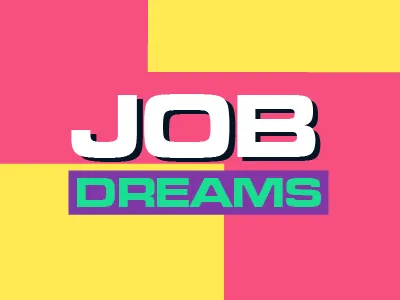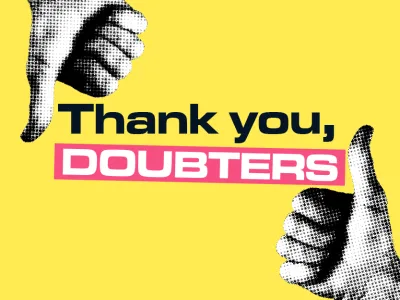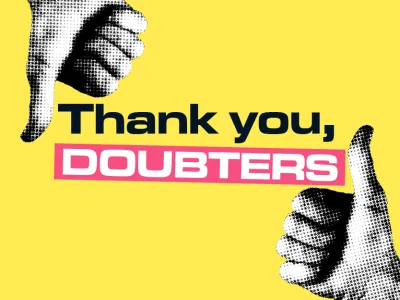
Journalist, Aimee
Include this article in your Skills Builder Journal. It could help you develop...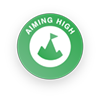
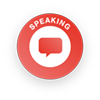
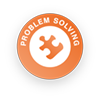
As part of our Job Dreams series, we speak to professionals from different careers and share their advice with you. Last month, we learned what it's like to be a podcast producer. And this month we met journalist Aimee!

What do you do?
My official title is Communities Editor at Metro.co.uk but that’s a bit confusing. Basically I head up the Comment and Opinion team.
Are there different types of Comment Editors?
There are – it depends on the publication as to what the job entails. Some people with this job title look after social media, moderate site comments or focus on community issues whereas I edit all of Metro’s opinion journalism, including columnists, first-person pieces and analysis from experts and academics.
Can you tell us what your day-to-day is like?
My day starts around 7.30/8am by scouring the news, looking for interesting angles and finding the best contributors to write/comment on them. Our whole ethos is that we only publish writers with experience or expertise in the topic they are writing about. We want to be better than a Twitter hot take and give a unique – and often unheard – angle on a topic. Our job is to challenge and intrigue our readers as well as emotionally move them.
Next I sort any pieces we have scheduled – pitching them to our Homepage Editors, Social team and relevant section Editors and prep for our morning meeting where we talk about what we have coming up that day.
The rest of the morning involves reading my team’s commissions, editing and offering feedback, commissioning on the news agenda, liaising with columnists on their pieces, as well as reading and publishing additions to our regular series, Labels – which covers what it’s like to be labelled a certain way – and Love, Or Something Like It – a look into what love actually is in 2019.
My afternoon involves planning for the days ahead: looking at news diaries, emails, pitches and reading and scheduling our pieces for the next day, as well as managing my wonderful team. I also try to put some time aside for meetings with charities, contributors and reading/research for new stories.
What do you love most about your job?
Finding incredible writers with captivating stories.
What do you find most challenging?
As an editor and manager a lot of my time is spent reading others’ work, delegating or doing admin. I sometimes struggle to find the time and brain space to do the journalism that I love to do!

What did you see yourself doing when you were a kid?
I wanted to be an astronaut until my dad told me they run marathons. As an exercise-phobe at the time, I quickly moved on from that idea.
What challenges did you face in reaching where you are today?
I’ve been really lucky to have opportunities at various publications but interning and working for free was tough. At one point I was interning five days a week and waitressing in the evening and at weekends, alongside studying.
If you weren’t a communities editor what do you think you’d be?
Probably another kind of journalist, or working in a press/communications team.
Where do you see yourself going next?
I’d like to stay in journalism for a few years yet but one day I’d love to work for a human rights charity.

What do you know now that you wish you’d known when you first left school?
That exam results are not the be all and end all. I used to get so worked up and, to be honest, as long as they get you to the next stage of your career that’s all that matters. You have so much more to offer than your As, Bs, 2:1s and firsts, and employers know that.
What advice would you give to someone interested in joining your industry?
Have faith in your ideas and pitch! Come to interviews and meetings armed with a handful of topics, ideas and things you are passionate about.
Learn from your colleagues and make sure you can take on criticism and feedback. Our industry is built on it – from readers and editors – so make sure you can take feedback on the chin and use it to improve your work. I tell my team that no story is ever perfect, it can always be improved with a stat, quote, anecdote, image etc.
What’s the best piece of professional advice you’ve been given?
That change can be scary but it brings opportunities. I took redundancy from my first journalism job and went freelance. I was terrified but honestly it was the making of me as a journalist. I learnt loads in a short space of time and it helped me figure out exactly what I was good at and enjoyed doing.
What quote do you live by?
Live laugh love – I jest. I hate inspirational quotes.


